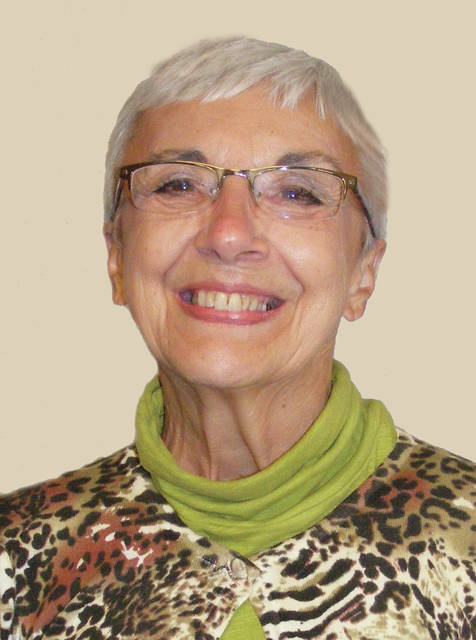
A report compiled by the National Governors Association shows that rural areas that are home to performing arts organizations attract and retain young skilled workers at a higher rate than those without “creative sector assets.” Additionally such areas show higher household incomes and faster population growth. Although I don’t know that the presence in our community of Darke County Center for the Arts has created those specific positive results, such statistics promoting the value of the arts often appear at this time of year as state and national legislative bodies examine budgets and consider funding for a wide variety of services, including artistic and cultural endeavors. Since most citizens (72 percent) attend arts or cultural events, support arts in the schools (91 percent ), and have a favorable view of government funding for the arts (64 percent), the necessity for reiterating the worth of the arts to society to ensure that the arts continue to thrive may seem redundant, but is apparently a necessary exercise. So here goes.
The arts are a form of self-expression that communicates emotions, values, and world-views, evoking wide-ranging responses including joy, sorrow, introspection, comfort, and inspiration. A recent national poll found that Americans believe the arts strengthen communities socially, educationally, and economically, promote better understanding between cultures, advance personal well-being, and are essential to a well-rounded education.
“Creative industries” have been proven to provide significant positive economic impact on communities, an important factor in evaluating the worth of the arts; however, another difficult to name, hard to describe yet vital gift that the arts provide to humankind is the power to transcend barriers and unite diverse people into a unified whole. Evidence of that quality is apparent in the world’s reflexive response to the fire at Notre Dame Cathedral; national enmities are forgotten, religious differences ignored, political arguments put aside while everyone mourns the loss of this architectural wonder, itself a glorious example of the awe-inspiring power of great art.
This quote from noted 19th-century writer and art critic John Ruskin, who stressed the moral, social, and spiritual purposes of art, was featured in one of the newscasts covering the burning of Notre Dame: “Great nations write their autobiographies in three manuscripts – the book of their deeds, the book of their words, and the book of their art. Not one of these books can be understood unless we read the two others, but of the three, the only trustworthy one is the last.” I believe that Ruskin’s wisdom can also be applied to smaller entities, to cities, to communities, maybe even to individuals.
For a more contemporary take on the value of the arts, here’s what Robert Lynch, President and CEO of Americans for the Arts says: “We are better people with the arts in our lives. We are healthier, more creative, and actively engaged citizens who feel better about today and more optimistic about tomorrow; in a society struggling to find equity and social justice, the American public understands that even in challenging times the arts make our communities healthier, stronger, and more vibrant.”
Our community is among those made healthier, stronger, and more vibrant because of the many arts opportunities to be found here. Society celebrates its common cultural heritage through the arts; the arts bring people together. The true value of the arts may be difficult to measure, but society benefits immeasurably from its many gifts.





